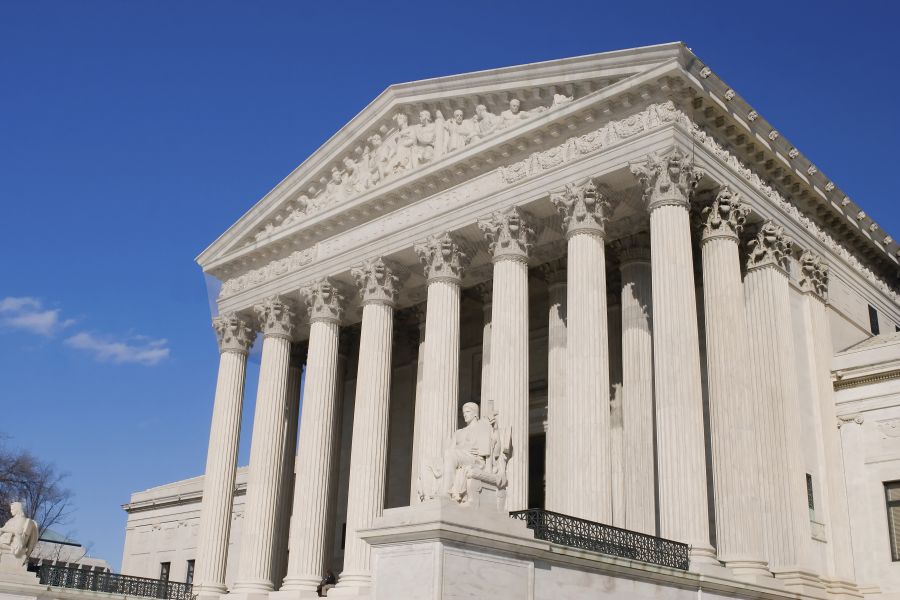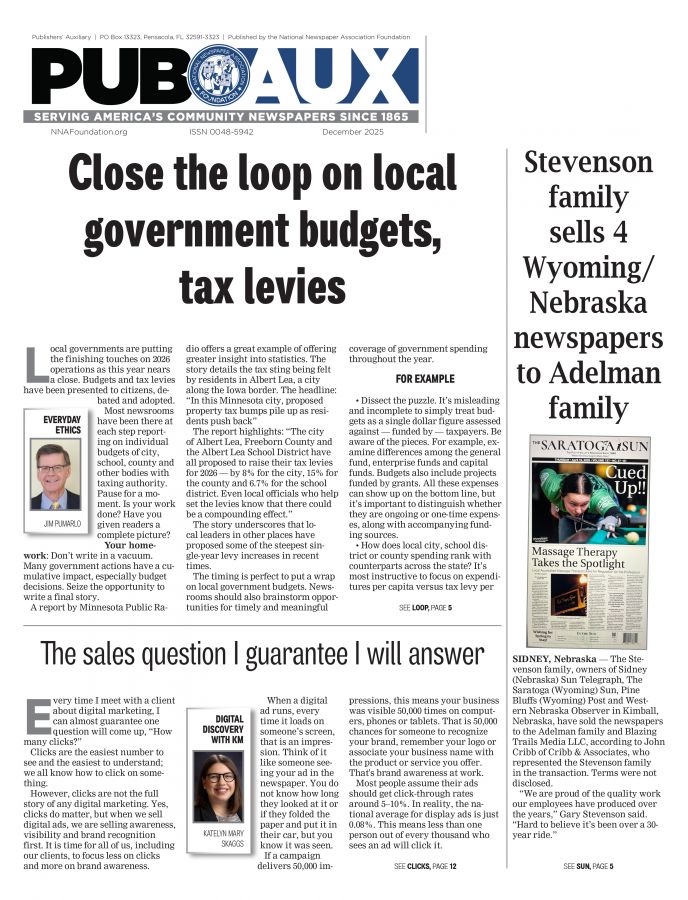Perspective: Student athletes have a right to peaceful protest
First Five by the Freedom Forum Institute
May 6, 2021
DAVID L. HUDSON JR.
Download Word doc here.
In February, members of the East Tennessee State University (ETSU) basketball team locked arms and took a knee in what Coach Jason Shay called a symbolic protest against “racial inequalities and injustices.”
The First Amendment protects such peaceful, political symbolic expression, but that did not stop a group of Tennessee state senators from calling on universities to prohibit athletes from kneeling in protest.
They sent a letter to the presidents of the state’s public universities, asking them to punish such peaceful protests. “When they don the jersey of a Tennessee university, they step out of their personal roles and into the role of an ambassador of our state,” the Republican lawmakers wrote. “We expect all those who walk onto the field of play representing our universities to also walk onto the field of play to show respect for our national anthem.”
Most people stand respectfully during the playing of the national anthem. But the First Amendment gives us each the right to differ, to take a stand or to peacefully protest. Furthermore, the First Amendment protects not only verbal or printed expression but also much “symbolic speech,” or actions of expression.
In their call to discipline the basketball players, the state senators are out of bounds and acting outside the letter and spirit of fundamental First Amendment principles.
PROTECTIONS FOR SYMBOLIC SPEECH
Courts have agreed that the First Amendment protects symbolic expression, including by public school students. Nearly 80 years ago, the U.S. Supreme Court declared in West Virginia Board of Education v. Barnette that public school officials could not punish students for choosing not to salute the flag and recite the Pledge of Allegiance.
The court ruled in Stromberg v. California in 1931 that 19-year-old Yetta Stromberg, a member of the Young Communist League, had a free-speech right to display a red flag, an emblem of opposition to the U.S. government, at the summer camp where she worked. In the landmark 1969 student-speech case, Tinker v. Des Moines Independent Community School District, the court ruled that siblings Mary Beth and John Tinker had a free-speech right to wear black armbands to protest U.S. involvement in the Vietnam War.
BEGINNINGS OF BACKLASH
The ETSU basketball players aren’t the first athletes to engage in symbolic protest — or to face a backlash for their acts of expression. Most famously, U.S. sprinters Tommie Smith and John Carlos, who captured gold and bronze medals respectively at the 1968 Mexico City Olympics, bowed their heads and raised their black-gloved fists in a symbolic protest seen and heard around the globe. Sports announcer Howard Cosell said it was a “silent gesture that everyone in the world would hear.”
It was heard, and Smith and Carlos suffered for using the medal stand as a platform for protest. As sports journalist and author Richard Hoffer explains, “They came home as outcasts, terrorists, when they might have been welcomed as heroes.”
ATHLETE ACTIVISM GROWS
In 2016, then-San Francisco 49ers quarterback Colin Kaepernick faced both support and scorn when he took a knee on NFL sidelines to draw attention to racial injustice. The action ultimately cost him his professional football career. Kaepernick isn’t the only athlete to exercise the right to symbolic speech. WNBA players have long been known, on and off the court, for acting and speaking in support of social justice causes. During the summer of 2020, WNBA and NBA players walked off the court amid worldwide protests over the deaths of Black Americans at the hands of police.
Athlete activism has included not only professionals and university athletes like the ETSU basketball team, but also high school athletes across the country. Thousands of student athletes have engaged in symbolic protest.
WHEN SPEECH IS SUPPRESSED
ETSU’s Coach Shay resigned following pressure against his players. When asked if he would support the students in continuing acts of expression, the newly hired replacement coach said he would work with his athletes on “communicating” to “create change.”
You may disagree with the kneeling athletes or applaud the courage of their convictions. What is undeniable is that exercising the right to expression isn’t easy — and it’s often too difficult. Government officials not only make it harder, they violate the First Amendment when they attempt to punish student athletes for their peaceful, symbolic expression.
David Hudson Jr. is a Freedom Forum fellow for the First Amendment and a law professor at Belmont University who publishes widely on First Amendment topics. He also is the author of the audio series, Sports Superstars: Legendary Athletes on and off the Field.









